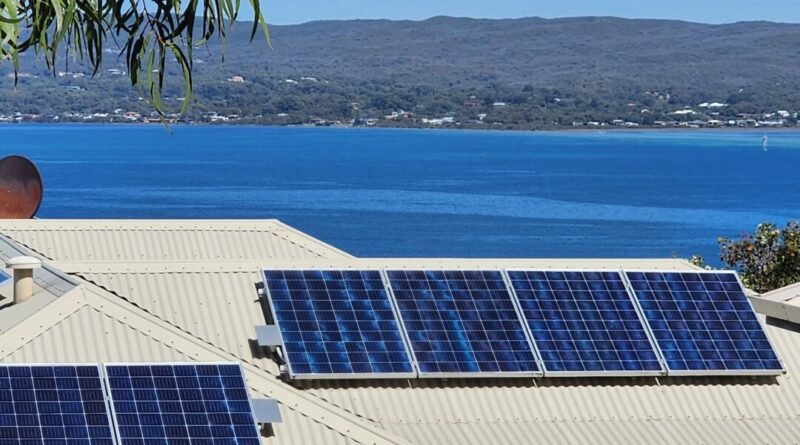Stakeholders Call for More Policy Certainty and Less Emphasis on Social Objectives in Future Australian Manufacturing
Experts have suggested that union agreements may lead to higher costs, reduced competition, and the potential for side deals in Future Made in Australia projects.
During a session with the Economic Legislation Senate Committee on the Future Made in Australia (FMA) Bill, stakeholders expressed overall support for the framework. However, they raised concerns about the stringent eligibility criteria in the law, which could hinder support for viable projects.
They also called for more policy stability to attract private investment and stronger controls to ensure responsible use of taxpayer funds.
Future Made in Australia is a significant $22.7 billion (US$15 billion) initiative aimed at facilitating Australia’s transition to renewable energy. It provides frameworks for sector assessments, taxpayer-funded incentives for manufacturing and clean energy industries, and more.
“The policies and eligibility criteria of the FMA should not be so restrictive that they prevent projects that align with the policy objectives,” said Bran Black, CEO of the Business Council.
Louise McGrath, Industry Development and Policy Head at the Australian Industry Group, echoed these sentiments, stressing the need for “policy stability to encourage private investment by specifying the type and amount of available support for targeted sectors.”
Stakeholders cautioned that government procurement requirements tied to union agreements could limit competition, raise costs, and create incentives for side agreements to secure these unions’ approval.
Representatives also emphasized the importance of ensuring that decisions made under the FMA focus on value for taxpayers, rather than solely on social objectives like regional development and workplace diversity.
Andrew McKellar, CEO of the Australian Chamber of Commerce and Industry (ACCI), pointed out that the term “national interest” in the bill lacks a clear definition, even though its primary purpose is to set a framework for assessing future “Made in Australia” projects.
However, stakeholders agreed on the importance of such a framework, citing similar legislation in the United States, like the Biden Inflation Reduction Act.
Overall, stakeholders emphasized the need for Australia to remain competitive globally and not fall behind in incentives and competitiveness. They stressed the urgency to enhance the country’s business environment for economic growth.
This report is based on the initial panel hearing, chaired by Senator Jess Walsh of the Labor Party and co-chaired by Andrew Bragg of the Liberal Party.



